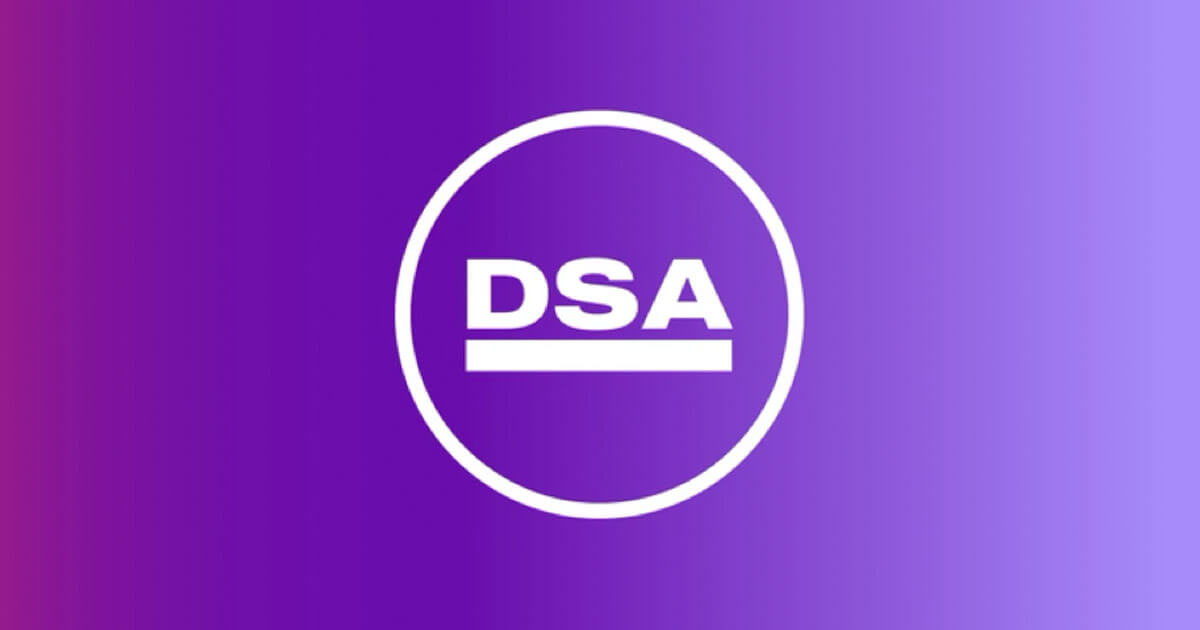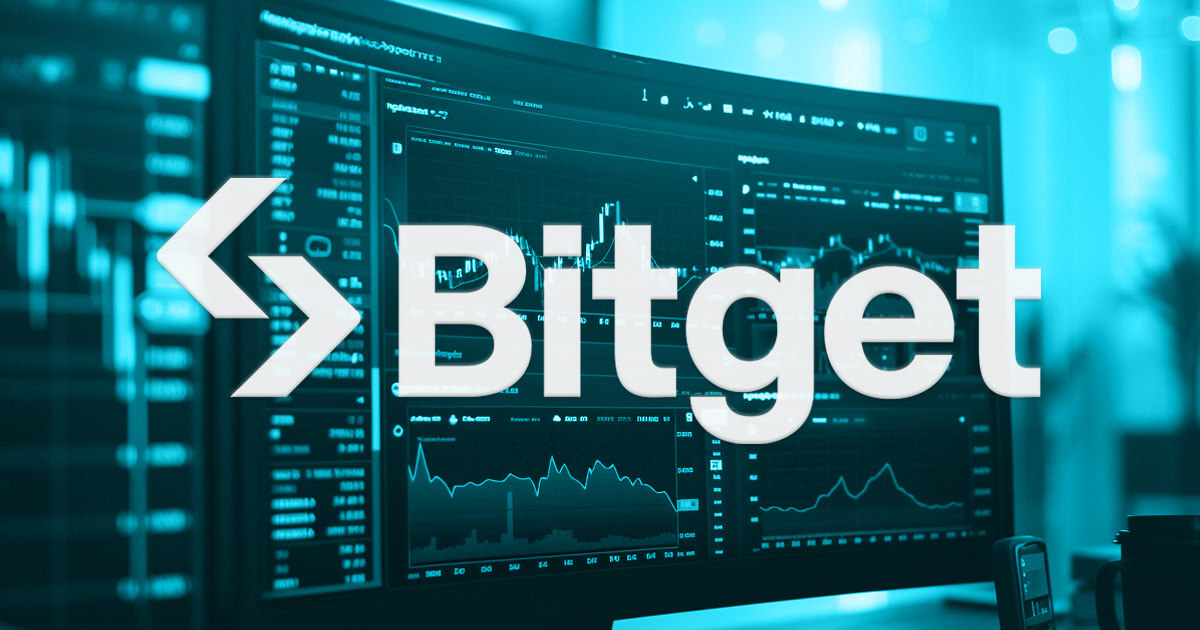 DeFi advocacy group urges DOJ to rethink liability for developers Oluwapelumi Adejumo · 7 mins ago · 2 min read
DeFi advocacy group urges DOJ to rethink liability for developers Oluwapelumi Adejumo · 7 mins ago · 2 min read
The group believes developers of DeFi protocols should be shielded from liability for user actions, mirroring the responsibility distinction between car makers and drivers.

Cover art/illustration via CryptoSlate. Image includes combined content which may include AI-generated content.
Crypto advocacy group DeFi Education Fund has urged the US Department of Justice (DOJ) to reconsider its approach to holding DeFi protocol developers accountable for users’ actions.
In a blog post published on Feb. 4 by Andreessen Horowitz (A16z), co-authors Miller Whitehouse-Levine and Amanda Tuminelli from the DeFi Education Fund argued that developers should not be liable for how their software is used, comparing them to car manufacturers who are not responsible for drivers’ actions.
According to them:
“The same intuitive principle that governs our understanding of car manufacturer and driver liability should be the foundation of sensible policymaking in the context of decentralized networks and protocols.”
The authors warned that targeting developers under laws such as Section 1960 could create harmful precedents, potentially expanding legal risks across the crypto industry.
They wrote:
“Holding people responsible for systems and activities over which they exercise no agency or control leads to perverse outcomes. “
They further stressed that policymakers must distinguish between those who create technology and those who actively control it. Misplacing liability, they argued, could hinder technological advancement and discourage innovation in the DeFi sector.
Regulatory clarity
To illustrate their point, the authors outlined how the DOJ’s broad interpretation of the “Money Transmitting license” negatively impacts the industry by comparing transactions on centralized exchanges to DeFi protocols.
This law governs money-transmitting businesses and carries severe penalties, including fines of up to $250,000 and five years in prison for failing to register. Presently, the authorities are entangled in a legal showdown with Tornado Cash’s developer, Roman Storm, for alleged violation of this provision.
According to them, when users trade on a centralized exchange, they transfer funds to the platform, giving it control over their assets. This arrangement makes centralized exchanges subject to financial regulations.
However, in DeFi, users retain full control over their funds, executing transactions directly through blockchain-based protocols. This distinction is crucial for regulatory clarity.
The authors argued that a proper interpretation of money transmission laws must factor in custody and control. A centralized exchange moves user funds on behalf of customers, making it a financial intermediary. In contrast, a DeFi protocol is simply a tool that users interact with on their own terms, without any third-party oversight.
Due to this, the authors called for clearer legal guidelines, particularly in defining control within financial regulations. They noted that a well-defined legal framework will reduce uncertainty and support responsible innovation.
They concluded:
“Industry and lawmakers must come together in 2025 to ensure the law properly reflects accurate concepts of custody and control and the responsibilities that flow from it — whether that’s in the context of a market structure bill, broker reporting obligations, or in reforming Section 1960.”












































